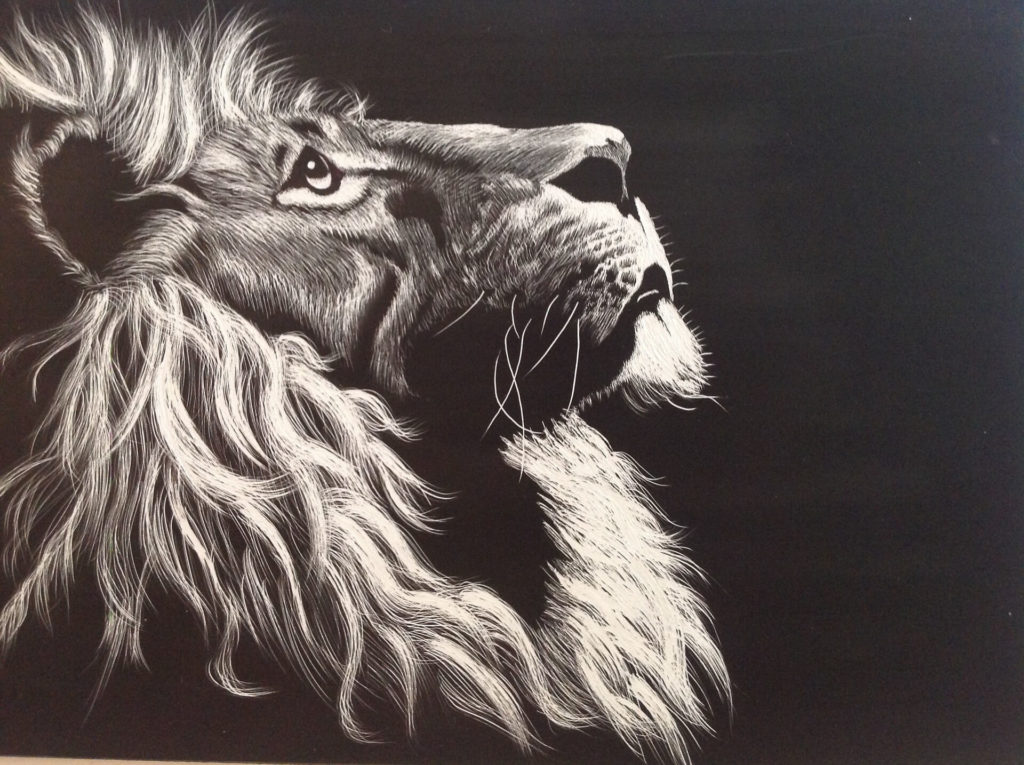Want to learn how to be a great leader? See if if you have these leadership qualities.
We’d all love to be excellent leaders; to inspire and motivate those around us, to be respected and admired, to lead with conviction and authority. Being a great leader is, as we all know, often easier said than done. There seems to be a certain set of indefinable qualities that we find within great leaders. Sometimes we can put our finger on it; other times, it eludes us.
Despite our occasional inability to define what it is exactly that makes a great leader great, one thing is certain: all great leaders possess certain qualities that propel them to “Great Leader” status. Let’s take a look at what some of those qualities are:
-
Influence and Executive Presence
In the realm of leadership, inspiration is the pull, while motivation is the push. Great leaders inspire and motivate their teams, distinguishing them from the rest. A skilled communicator is crucial, fostering trust and empowering employees. Innovation is vital, especially in today’s corporate landscape, and leaders who encourage it achieve remarkable success. Effective leaders mentor employees, helping them become doers. Empowering employees ensures tasks are completed efficiently. Some leaders exhibit bad qualities, but great leaders rise above, creating a motivating environment where employees excel. Influence and executive presence hinge on inspiring and motivating effectively, enabling success in today’s corporate world.
-
First Impressions
Creating great first impressions is essential for anyone aspiring to be recognized as a leader. This concept is akin to the lion, often referred to as the king of the jungle. The lion may not be the smartest, strongest, or bravest, but it is perceived as the epitome of power due to its majestic and charismatic presence. This image, combined with assertive behavior, effectively communicates the lion’s innate authority. Similarly, in the realm of leadership, particularly in the Center for Creative Leadership, it’s not just about inherent qualities of good management but also about projecting an image that resonates with leadership. Whether it’s through professional dress, meticulous grooming, confident demeanor, or maintaining physical fitness, these elements contribute significantly to making powerful first impressions.
-
Trust
When we first meet someone, we immediately answer two questions: “Can I trust this person?” and “Can I respect this person?” – trust and competence, respectively. We do not value both of these questions equally, and in fact, we value trust above all else. Historically, our ancestors needed to determine whether an outsider posed as a threat immediately, before they determined whether this person could be an asset to their group. Often times when we introduce ourselves to others, we are focused on showing our competence, when people are really looking for our warmth. Great leaders know this and focus primarily on building relationships on trust, especially in the beginning. After all, trust is a conduit of influence.
-
Effective Communication
Effective communication is a cornerstone of great leadership and organizational success. It involves much more than just choosing the right words; it’s about mastering the art of listening and engaging in meaningful dialogue. Great leaders often talk less and listen more, demonstrating a sincere interest in others’ ideas and perspectives. This approach not only fosters a positive environment but also encourages interconnectivity within the team and corporation.
-
Self-Awareness
Self-awareness is one of the fundamental qualities of a good leader. Leaders who possess self-awareness are in tune with their strengths and weaknesses, allowing them to make informed decisions without blindly trusting their instincts. They understand what’s right for their team and organization, recognizing that trust is built on ethical choices. A leader’s journey towards self-awareness is ongoing, involving continuous learning and the humble acknowledgment that they don’t have all the answers. It’s also important to note that academic qualifications, like a master’s degree, are valuable but must be complemented by practical experience and empathy for team members’ needs.
-
Respect
Respect is a cornerstone of effective leadership. Leaders respect their team members’ backgrounds, experiences, and wide range of skills. They create an inclusive environment where diversity is embraced and where every team member feels valued and heard. Leaders also build trust through active listening, sincerity, and a genuine desire to work collaboratively. They understand that trust and respect are key components in reducing turnover and nurturing long-lasting relationships within the organization.
-
Compassion
Compassion goes hand in hand with respect in the qualities of a good leader. Effective leaders exhibit compassion by putting the needs of their team members at the forefront. They nurture a culture of authenticity, where team members feel empowered to be their true selves. Leaders lead authentically, which fosters trust and commitment. Additionally, they approach decision-making with empathy, understanding the feelings of others, and striving for positive outcomes.
-
Vision
Vision is the guiding force behind a leader’s actions. A leader’s vision sets the direction for the team and organization, inspiring team members to accomplish shared goals. Leaders with vision are like researchers, continuously seeking new insights and best practices to achieve the desired outcome. They understand that resilience and a positive outlook are essential, especially in the face of setbacks. Leaders ensure their teams have the guidance and support needed to turn their vision into reality.
-
Learning Agility
Learning agility is one of the most important qualities of a leader. Leaders embrace the opportunity to grow and improve, both personally and professionally. They hone their skills, acknowledge their strengths and weaknesses, and actively seek feedback. By being flexible and approachable, leaders create an environment where team members feel encouraged to contribute their unique strengths and perspectives.
-
Collaboration
Collaboration is at the core of effective leadership. Leaders foster collaboration by building trust and creating a workplace where team members want to work together. They exhibit the behaviors and qualities they expect from their teams, serving as role models. Leaders enable their teams by providing access to resources, and they understand that servant leadership, prioritizing the needs of their team members, leads to accomplished goals and positive outcomes.
-
Integrity
Integrity is non-negotiable for good leaders. Leaders don’t trust blindly; instead, they make decisions based on what’s right for their teams and organizations. They act authentically and sincerely, building trust and a positive outlook. Leaders hold themselves accountable and make ethical choices, fostering an environment of respect, trust, and empowerment. They understand that integrity is a vital component of reducing turnover and nurturing long-lasting relationships.
-
Courage
Courage is an essential trait in leadership. Leaders have the courage to inspire their teams, even in the face of challenges. They exhibit patience and humility, acknowledging that growth and improvement take time. Leaders also make courageous decisions without hesitation, guided by their vision and the best interests of their teams and organizations.
-
Gratitude
Gratitude is a quality that effective leaders exhibit. They appreciate the opportunity to lead and nurture their teams. Leaders express gratitude for their team members’ contributions, fostering a positive work environment. They understand that gratitude is a component of building trust and creating a workplace where team members feel empowered and valued.
-
Resilience
Resilience is the ability to bounce back from setbacks, and it’s a quality that leaders embody. Leaders remain resilient in the face of challenges, maintaining a positive outlook and guiding their teams towards positive outcomes. They provide guidance and support, ensuring their teams make informed decisions with their full attention on professional goals.
All great leaders possess different but strong leadership skills that make them the inspiring, motivational leaders that they are. Once this is certain, however: all great leaders possess presence. We know it when we see it. The great thing about leadership presence is that it can be learned; leadership and executive presence are neither exclusive nor elusive. To find out how you can increase your executive presence, visit our Leadership Skills Workshop and Executive Presence Workshops to learn key leadership qualities.





